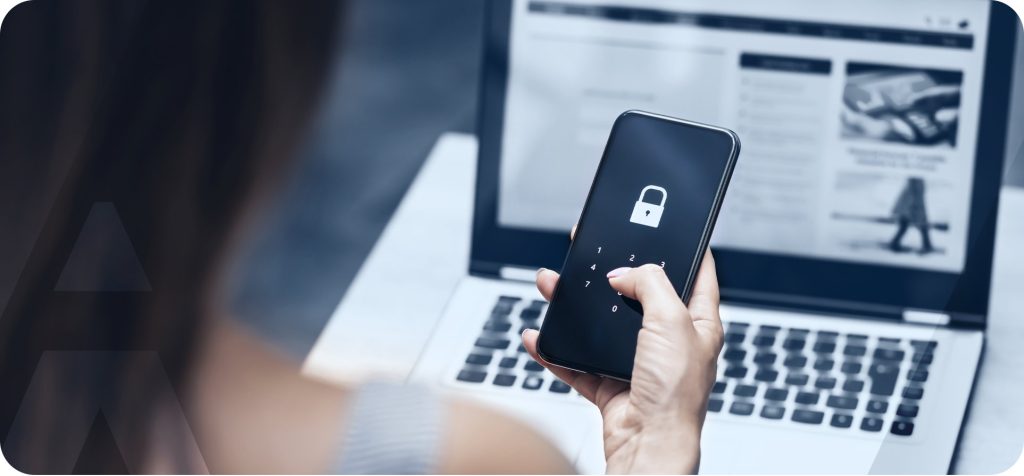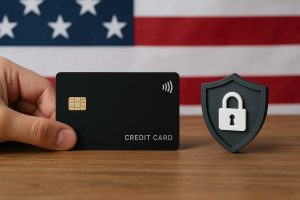Financial fraud is a pervasive issue that affects countless American consumers each year. Understanding how to identify and prevent such deceit can safeguard your financial well-being. By adhering to a few critical measures, you can significantly reduce your vulnerability to scammers and fraudulent schemes. This guide will provide you with practical tips to help you avoid becoming a victim of financial fraud.
Financial fraud can come in many forms, including identity theft, phishing attacks, and investment scams. Each of these deceptive practices aims to steal your money or personal information. Being proactive and knowledgeable about these threats is essential. By following our expert advice, you will be better equipped to protect your financial assets and personal details.
Recognizing common scams

Understanding the various tactics used by fraudsters is the first step in safeguarding your finances. Scammers often pose as legitimate businesses or government agencies to trick you into providing sensitive information. By recognizing these tactics, you can avoid falling prey to their schemes.
One prevalent scam involves unsolicited phone calls or emails from individuals claiming to represent the IRS. They often demand immediate payment and threaten legal action. Remember, the IRS will never call or email you demanding payment. Always verify the authenticity of any communication before taking action.
Another common form of deception is online shopping scams. Always use reputable websites and avoid clicking on suspicious links or ads. Look for secure website indicators, such as “https://” in the URL and a padlock symbol, to ensure the site is safe for transactions.
Phishing attacks
Phishing attacks are fraudulent attempts to obtain sensitive information by disguising as a trustworthy entity in electronic communications. These schemes often involve emails or messages that seem to come from a reputable source, such as your bank or a well-known company.
To protect yourself, do not click on links or download attachments from unfamiliar sources. Instead, go directly to the website of the institution or contact them through verified phone numbers. Additionally, use spam filters and keep your antivirus software updated to minimize the risk of encountering phishing attempts.
Be cautious of emails requesting urgent action, such as verifying your account or resetting your password. Legitimate organizations will not ask for personal information through email. Contact the company directly to confirm the request’s validity.
Identity theft
Identity theft is a serious threat that can have long-lasting impacts on your financial health. Thieves can steal your personal information through various means, such as data breaches, dumpster diving, or skimming devices attached to ATMs or gas pumps.
To reduce the risk of identity theft, regularly monitor your bank and credit card statements for any unauthorized transactions. Immediately report any suspicious activity to your financial institution. Shred sensitive documents before disposing of them, and use strong, unique passwords for your online accounts.
Consider placing a fraud alert or credit freeze on your credit report if you suspect your identity has been compromised. Both measures can make it more difficult for thieves to open new accounts in your name, providing an added layer of protection.
Best practices for online safety
The internet has become a fertile ground for fraudsters looking to exploit unsuspecting users. Implementing best practices for online safety can significantly reduce your risk of encountering fraud while browsing, shopping, or managing your finances online.
Always use strong, unique passwords for each of your online accounts. Avoid using easily guessable information, such as birthdays or common words. Consider using a password manager to help you create and store complex passwords securely.
Enable two-factor authentication (2FA) whenever possible. This adds an extra layer of security by requiring a second form of verification, such as a text message code, in addition to your password. 2FA makes it much harder for fraudsters to gain access to your accounts even if they have your password.
Secure your devices
Keeping your devices secure is paramount in protecting yourself from financial fraud. Always use antivirus and anti-malware software, and ensure your operating system and applications are up to date with the latest security patches. Be mindful of the apps you download and install. Only download apps from reputable sources, such as the official app store for your device.
Read reviews and check the app’s permissions to make sure it is not requesting access to unnecessary data. Be cautious when using public Wi-Fi networks, as they can be insecure and easily exploited by hackers. Use a virtual private network (VPN) to encrypt your internet connection when accessing sensitive information over public Wi-Fi.
Educate yourself and others
Knowledge is one of your best defenses against financial fraud. Stay informed about the latest scams and tactics used by fraudsters. Regularly check reputable sources, such as governmental and consumer protection websites, for updates. Share what you learn with friends and family.
By spreading awareness, you can help protect those around you from falling victim to financial fraud. Educate them on recognizing scams, securing personal information, and following best practices for online safety. Consider attending seminars or workshops on financial fraud prevention.


